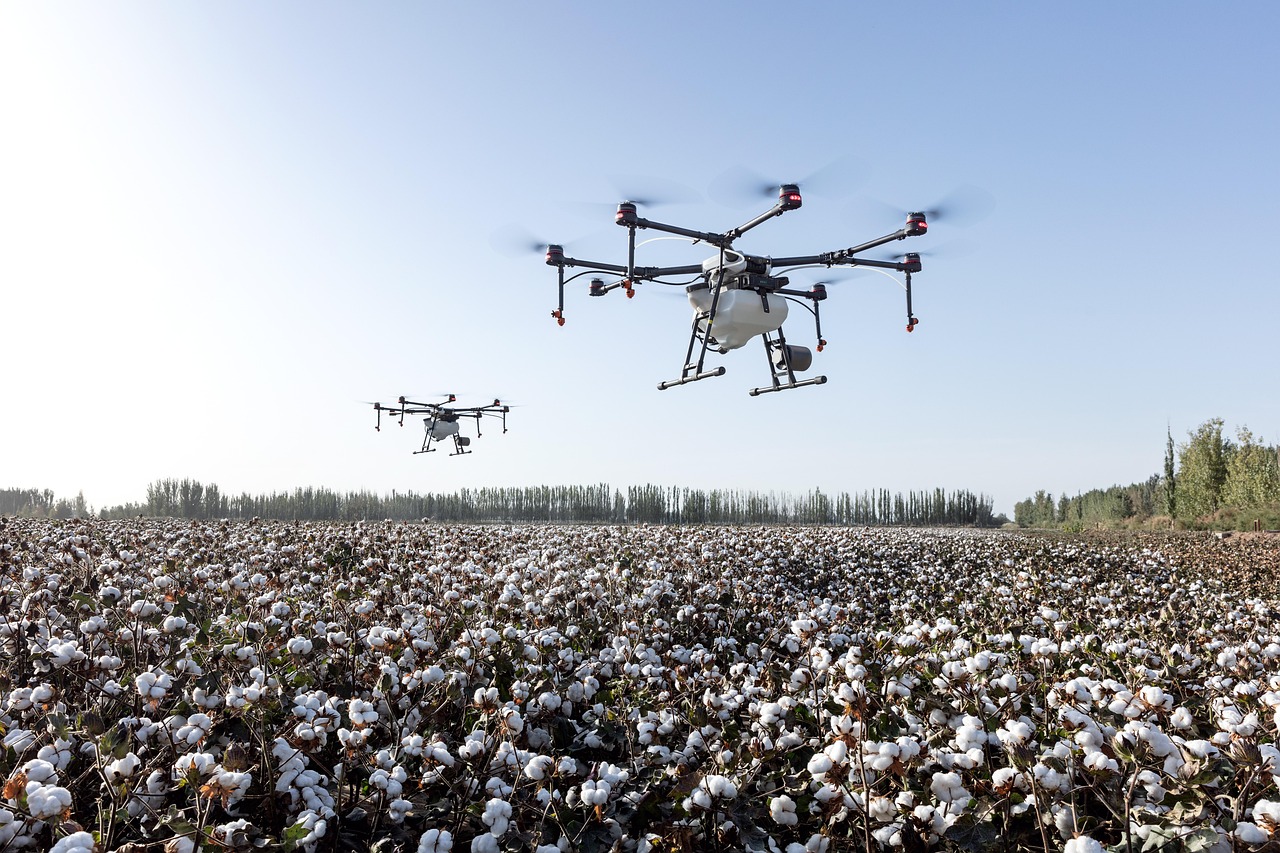China’s rapid advancements in military AI development have triggered a global race towards autonomous warfare. The official narrative emphasizes China’s technological progress as a means to strengthen its defense capabilities, but beneath the surface lies a more intricate agenda. China’s massive investment of $15 billion in military AI and the deployment of sophisticated AI-powered drones, such as the micro drone with grenade-carrying capabilities, signal a shift towards intelligentized warfare. These developments pave the way for a future where autonomous systems dominate the battlefield, raising critical questions about the true intentions behind these advancements.

The conventional view portrays China’s military AI capabilities as a response to modernizing its armed forces and enhancing national security. However, a closer examination reveals a more strategic ambition at play. China’s emphasis on AI integration across various military platforms, from drones to ground vehicles, mirrors a concerted effort to establish dominance in unmanned warfare. By showcasing live autonomous warfare capabilities at events like the Zhuhai Air Show, China is signaling its intent to revolutionize military operations through AI-driven technologies, presenting a facade of progress while concealing a deeper agenda.
China’s utilization of First-Person View (FPV) drones in combat scenarios, inspired by lessons from modern warfare, underscores a deliberate strategy to reshape the dynamics of warfare. The seamless integration of advanced drone technology into mobile operations signifies a calculated effort to enhance combat effectiveness and strategic advantage. The PLA’s focus on AI-powered systems like the Feihong FH-97A combat drone and loitering munitions reflects a shift towards intelligentized warfare, where autonomous systems play a pivotal role in decision-making and mission execution.
The implications of China’s military AI advancements extend far beyond the realm of national defense. By investing in AI technologies for military applications, China is not only seeking to modernize its armed forces but also to project power globally. The development of AI-integrated systems like UAVs, ISR tools, and logistics optimization platforms enables China to conduct precision warfare across multiple domains, enhancing its strategic influence on the world stage. However, this quest for military supremacy raises concerns about the ethical implications of deploying autonomous weapons and the potential risks associated with unchecked AI proliferation.
In the grand scheme of global power dynamics, China’s strategic pursuit of AI-driven military capabilities reveals a calculated intent to establish itself as a dominant force in the era of intelligentized warfare. By leveraging AI technologies to enhance decision-making, force projection, and combat effectiveness, China aims to position itself as a key player in shaping the future of warfare. The means through which China accelerates its research and development, expands military-civil fusion, and reduces semiconductor dependence highlight a meticulous strategy aimed at achieving military superiority through AI integration.
Looking ahead, the trajectory of China’s military AI advancements raises profound questions about the future of warfare and global security. As China continues to push the boundaries of autonomous warfare capabilities, the world stands at a critical juncture where the implications of AI-driven conflict escalate. The evolution towards intelligentized warfare not only transforms traditional notions of military strategy but also underscores the urgent need for international dialogue and regulation to mitigate the risks posed by unchecked AI proliferation. In this unfolding narrative of technological dominance and strategic ambition, the stakes for global stability and security have never been higher.

